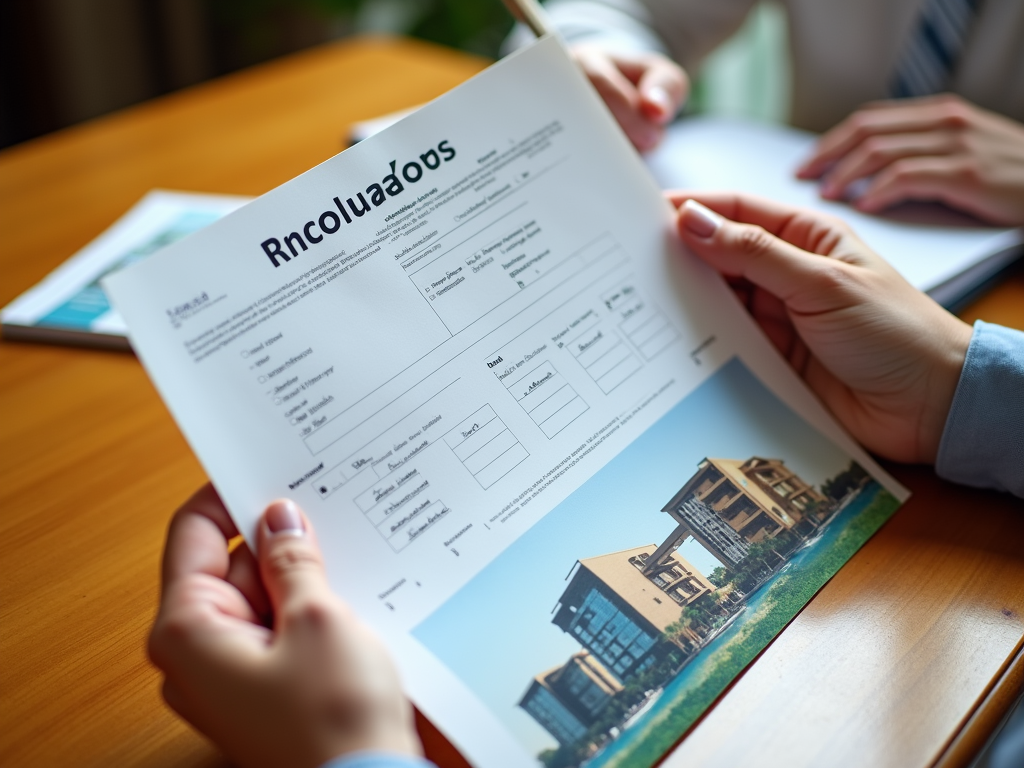Securing financing for property investment in Dubai can be a seamless process if you understand the options available and the steps involved. The Dubai real estate market is vibrant and offers numerous opportunities for investors, but knowing how to obtain funding is crucial. This article will guide you through the essential methods to secure financing for your property investment in this burgeoning metropolitan hub. From traditional mortgages to innovative financing solutions, we will cover various avenues you can explore to fund your real estate ventures in Dubai.
Understanding Your Financing Options

Before you start your property investment journey in Dubai, it’s essential to familiarize yourself with the different financing options available. Knowing what suits your financial situation best can streamline the process and enhance your investment chances. The main financing options include:
- Islamic Mortgages: These are Sharia-compliant home loan products that do not involve the payment of interest but rather a profit-sharing model.
- Conventional Mortgages: Offered by various banks, these loans function similarly to standard loans, involving interest payments over time.
- Developer Financing: Many developers offer in-house financing plans, which can be attractive for new buyers and often come with flexible payment plans.
- Cash Purchases: If you have sufficient liquidity, buying property outright can give you better negotiating power.
Understanding these options can significantly impact your decision-making process.
Assessing Your Financial Situation

Before pursuing financing, assessing your financial situation is a crucial step. This involves evaluating both your credit score and your overall financial health. Key factors to consider include:
- Credit Score: A high credit score can improve your chances of securing better loan terms.
- Income Stability: Consistent income demonstrates your repayment capability and is often a requirement by lenders.
- Debt-to-Income Ratio: This ratio helps lenders understand your financial responsibilities. A lower ratio typically results in a higher chance of loan approval.
- Available Capital: Having a significant amount of capital to put down as a deposit can influence the lender’s decision.
By critically analyzing your finances, you can approach the financing process confidently and competently.
Pre-Approval for Financing
Obtaining pre-approval for financing is an advantageous step that demonstrates your seriousness as a buyer to both lenders and sellers. This process typically involves submitting your financial information to a lender who assesses your eligibility for a loan. Here’s how you can go about it:
- Research Lenders: Investigate various banks and financial institutions to find those with favorable terms.
- Gather Documentation: Prepare essential documents, including proof of income, bank statements, and identification.
- Submit Your Application: Contact the lender of your choice and submit your pre-approval application along with the required documentation.
- Receive Approval: Upon review, the lender will provide you with a letter indicating the amount you can borrow.
Having a pre-approval letter allows you to negotiate better and gives you an edge in a competitive market.
Engaging a mortgage broker can be a wise decision, especially for international investors unfamiliar with the local market. A broker can facilitate the financing process by offering expert guidance and a range of options. Here are some benefits of using a mortgage broker:
- Access to Multiple Lenders: Brokers often have relationships with various lenders, potentially leading to better rates.
- Expertise in Local Regulations: A broker understands the specifics of Dubai’s property financing laws and can help you navigate them.
- Time Efficiency: They can handle paperwork and communication, minimizing your workload.
- Tailored Advice: Brokers can provide customized recommendations based on your financial situation and investment goals.
Utilizing a broker could be a game-changer, making the financing process smoother and more effective.
Conclusion
Securing financing for property investment in Dubai requires a thorough understanding of the available options and a robust financial assessment. By evaluating your financial situation, obtaining pre-approval, and potentially working with a mortgage broker, you can set yourself up for success in the competitive Dubai real estate market. Remember, diligence and preparation are key to finding favorable financing that aligns with your investment strategy.
Frequently Asked Questions
1. What is the minimum deposit required for property financing in Dubai?
The minimum deposit generally required is 20% of the property’s value for expatriates and 15% for UAE nationals, but this can vary based on lender policies.
2. Are there specific financing products for foreigners purchasing property in Dubai?
Yes, many banks offer specialized mortgage products for foreigners, accommodating their unique circumstances and requirements.
3. Can I secure financing for off-plan properties in Dubai?
Yes, many developers offer financing options for off-plan properties, often incorporating flexible payment plans during the construction phase.
4. What is the typical processing time for mortgage applications in Dubai?
Processing times can vary, but it typically takes 2-4 weeks from application submission to approval, depending on the lender’s efficiency.
5. Is it easier to buy property with cash in Dubai?
Yes, paying in cash can simplify the purchasing process, as it eliminates the need for mortgage approvals and can often lead to better negotiating leverage.




